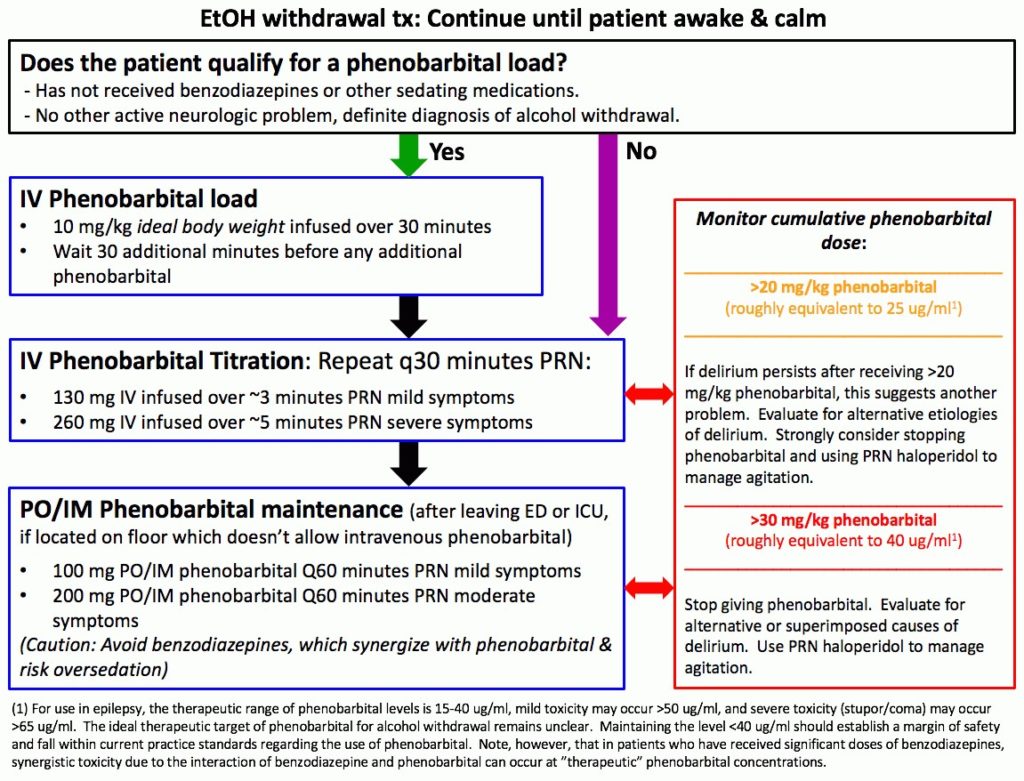

Outpatient treatment of mild or moderate AWS is generally safe, effective, and less expensive than inpatient treatment, 16 and may allow for less interruption of work and family life. Although effective treatment is an initial step in recovery, long-term success depends on facilitating the patient's entry into ongoing treatment.Ī nonjudgmental approach to the patient and his or her disease is an important aspect of the AWS treatment. Typically, physicians should see these patients daily until symptoms subside. Other medications, including carbamazepine, oxcarbazepine, valproic acid, and gabapentin, have less abuse potential but do not prevent seizures. Medication should be given at the onset of symptoms and continued until symptoms subside. In addition to supportive therapy, benzodiazepines, either in a fixed-dose or symptom-triggered schedule, are recommended. Patients with severe symptoms or who are at high risk of complications should receive inpatient treatment.

Patients with mild or moderate alcohol withdrawal syndrome can be treated as outpatients, which minimizes expense and allows for less interruption of work and family life. Treatment aims to minimize symptoms, prevent complications, and facilitate continued abstinence from alcohol. Alcohol withdrawal syndrome begins six to 24 hours after the last intake of alcohol, and the signs and symptoms include tremors, agitation, nausea, sweating, vomiting, hallucinations, insomnia, tachycardia, hypertension, delirium, and seizures.

These patients are at risk of developing alcohol withdrawal syndrome if they abruptly abstain from alcohol use.
#Alcohol withdrawal syndrome medication trial
Although the effects of naltrexone have been found to be modest overall, a systematic review of 22 randomized controlled trial (RCTs) demonstrated that this may be at least partly attributable to poor medication compliance in many of the clinical trials.Approximately 2% to 9% of patients seen in a family physician's office have alcohol dependence. The long-acting preparation may enhance medication adherence and does not appear to be hepatotoxic in actively drinking alcohol-dependent patients.

There is emerging evidence suggesting that alcoholic individuals with certain mu-opioid receptor genotypes respond better to opioid antagonists. Naltrexone can precipitate opioid withdrawal in those with recent or current opioid use, and its use should be avoided in such patients until they have been opioid-free for several days. It can be started in patients who are still drinking. Naltrexone, an opioid antagonist available in oral and long-acting (injectable) preparations, may be particularly useful for patients with a family history of alcohol use disorder and those with significant alcohol craving. However, an RCT with over 800 study subjects did show a reduction in drinking and drinking-associated consequences (e.g., driving under the influence incidents and alcohol-related injuries) in underage drinkers following a single brief intervention session delivered by a therapist or a computer. In a study of six meta-analyses and one systematic review, brief interventions led to a moderate decrease in alcohol consumption in heavy drinkers, with increased numbers of sessions or follow-up visits yielding greater benefit. A randomized controlled trial (RCT) of nearly 900 patients demonstrated decreased alcohol consumption and driving after drinking in individuals who received brief intervention delivered by an emergency department clinician. Developing a formal means of assessing the effectiveness of the plan and scheduling follow-up visits with the physician should be part of the plan. Ideally, the patient and physician together develop a plan for cutting down or eliminating alcohol use. Brief interventions can consist of one or more sessions in the physician's office or during inpatient hospitalizations for substance or non-substance related reasons, during which feedback about the patient's alcohol use and its consequences is provided in a supportive and empathic fashion.


 0 kommentar(er)
0 kommentar(er)
